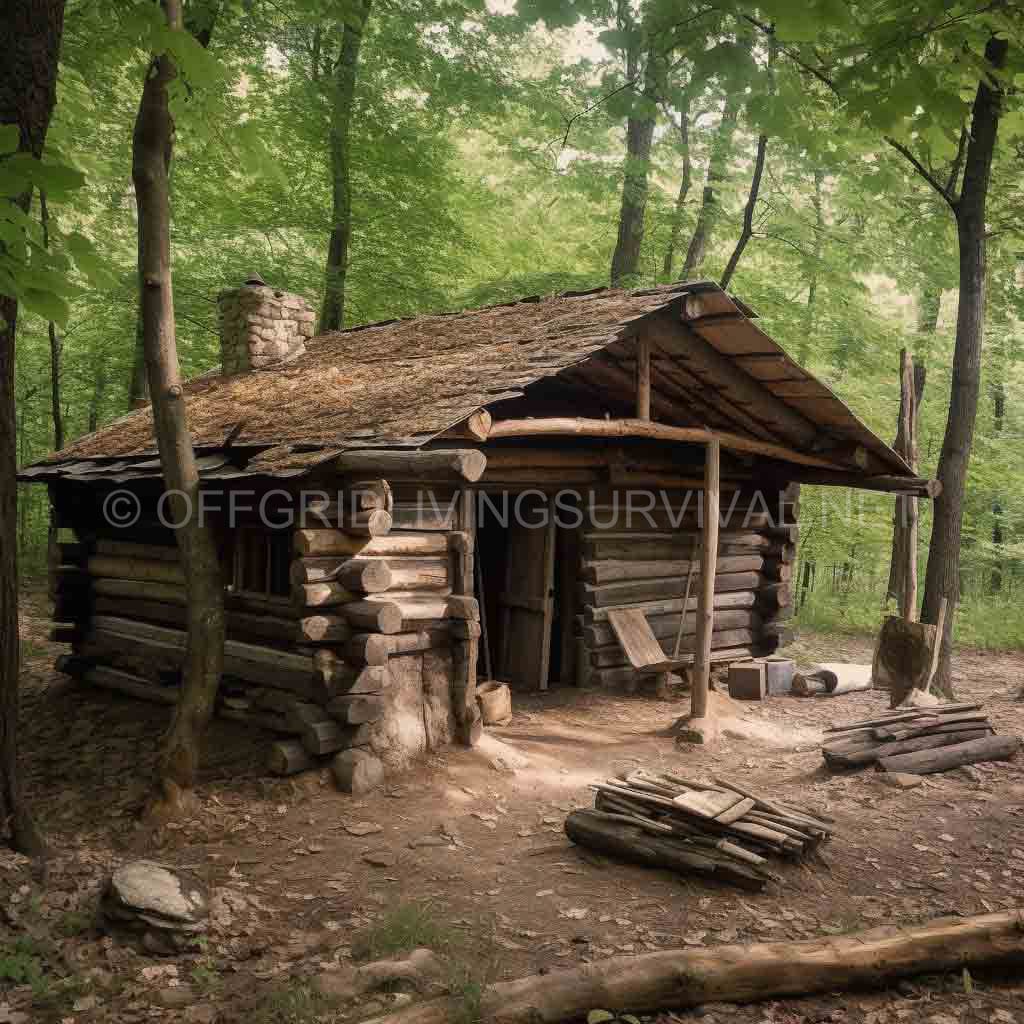What It Means to Be Off-Grid

What It Means to Be Off-Grid: Embracing Independence and Sustainability
Off-the-grid means more than simply being disconnected from the grid. In a world characterized by constant connectivity and reliance on centralized systems, the concept of living off-grid has gained considerable attention.
Being off-grid goes beyond simply disconnecting from public utilities; it represents a conscious choice to embrace independence, self-sufficiency, and sustainability.
In this article, we will explore what it truly means to be off-grid, shedding light on the core principles, lifestyle choices, and benefits associated with this alternative way of living.
Defining Off-Grid Living
At its core, being off-grid means disconnecting from public utilities such as electricity, water, and sewage systems.
It entails generating your own power, sourcing water through alternative means, and adopting sustainable waste management practices.
However, being off-grid is not limited to a lack of connection; it represents a holistic approach to living that prioritizes self-reliance, reduced environmental impact, and a closer connection to nature.
Key Principles of Off-Grid Living
- Self-Sufficiency: Off-grid living encourages self-sufficiency by producing one's own resources, including energy, water, and food. This principle empowers individuals to take control of their basic needs and reduce dependence on external systems.
- Sustainability: The off-grid lifestyle places a strong emphasis on sustainability. It involves utilizing renewable energy sources, implementing eco-friendly practices, and minimizing waste generation. By reducing one's ecological footprint, off-gridders strive to live harmoniously with the environment.
- Independence: Being off-grid fosters a sense of independence and resilience. By relying on self-generated resources, individuals are less vulnerable to fluctuations in energy prices, supply chain disruptions, or other external factors. This independence cultivates a sense of empowerment and self-reliance.
- Minimalism and Simplicity: Off-grid living often aligns with minimalist values, focusing on simplicity and reducing materialistic consumption. By embracing a simpler lifestyle, individuals can live more intentionally and prioritize experiences and personal fulfillment over material possessions.
Benefits of Off-Grid Living
- Energy Independence: Generating your own electricity through solar panels, wind turbines, or other renewable sources grants freedom from fluctuating energy costs and power outages. It allows individuals to have a reliable and sustainable energy source tailored to their needs.
- Cost Savings: Off-grid living can significantly reduce utility bills and expenses associated with public services. By producing your own energy and implementing efficient systems, you can enjoy long-term cost savings and financial freedom.
- Environmental Stewardship: Off-grid living aligns with environmental values, allowing individuals to minimize their impact on the planet. By utilizing renewable energy, conserving resources, and practicing sustainable habits, off-gridders contribute to a healthier and more sustainable future.
- Greater Resilience: Off-grid living equips individuals with resilience and adaptability in the face of unforeseen circumstances. Whether it's natural disasters, power grid failures, or other disruptions, off-gridders are better prepared to withstand and navigate challenges.
- Connection with Nature: Living off-grid often entails embracing a closer relationship with nature. Whether it's cultivating a garden, relying on natural water sources, or simply being surrounded by wilderness, off-gridders can experience a deeper connection with the natural world.
Challenges and Considerations:
While off-grid living offers numerous benefits, it is not without its challenges. Considerations include:
- Initial Setup Costs: Setting up an off-grid system can require a significant upfront investment in renewable energy systems, water infrastructure, and other necessary equipment.
- Learning Curve: Off-grid living often requires acquiring new skills and knowledge, such as sustainable gardening, energy management, and waste management techniques. Embracing a learning curve is essential for successful off-grid living.
- Lifestyle Adjustments: Off-grid living may require adjustments to daily routines and habits. It necessitates conscious water and energy usage, managing waste responsibly, and adapting to a simpler lifestyle.
Off Grid Isn't Just About Disconnecting From The Power Grid: It Has Become a Whole New Lifestyle Choice
Being off-grid encompasses more than just disconnecting from public utilities; it represents a deliberate choice to embrace independence, sustainability, self-sufficiency and freedom.
It allows individuals to reduce their ecological footprint, achieve energy independence, and foster a stronger connection with nature, as well as become more self-reliant.
While off-grid living presents challenges, the benefits, including cost savings, environmental stewardship, and greater resilience, make it an appealing and fulfilling lifestyle for those seeking a more intentional and sustainable way of life.





